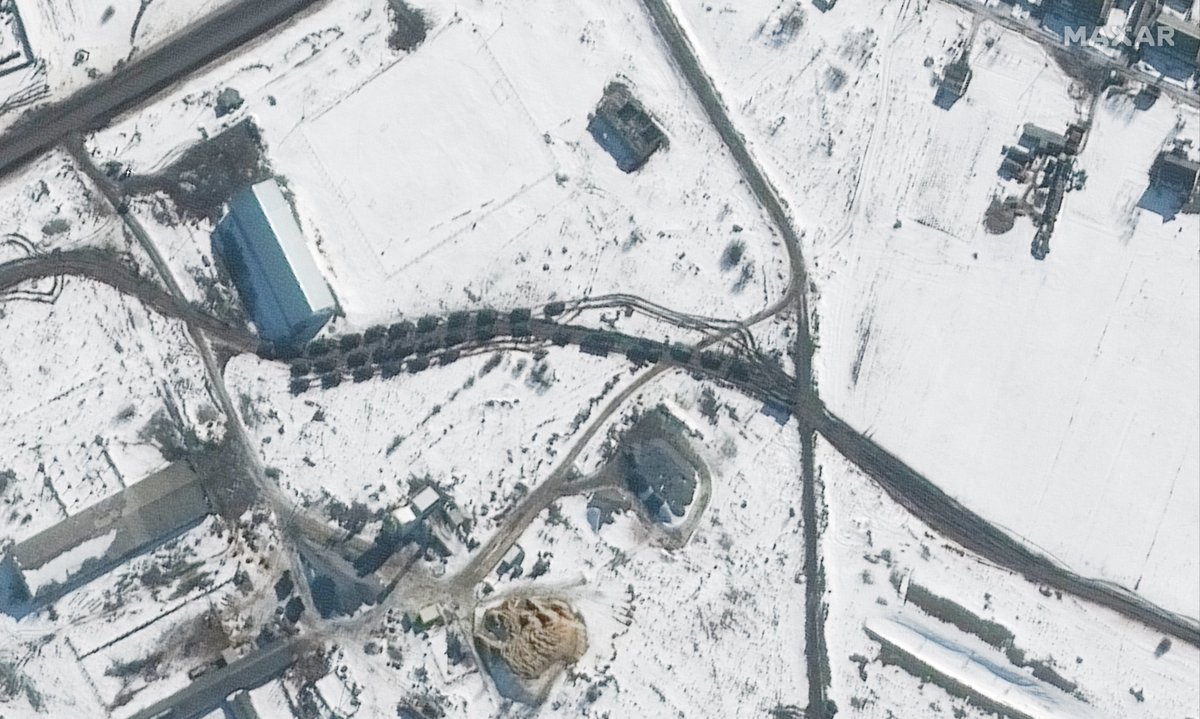
😷 Covid made the world go mad.
Two years on from homeschooling and panic buying, an epidemiologist explains what we should have done
Read the full article 👇
telegraph.co.uk/news/2022/02/2…
Two years on from homeschooling and panic buying, an epidemiologist explains what we should have done
Read the full article 👇
telegraph.co.uk/news/2022/02/2…
🔴Tomorrow, the Prime Minister is set to announce the end of Covid restrictions.
❌ No more free tests or income support.
❌ Most dramatic of all, no more isolation for those infected
telegraph.co.uk/news/2022/02/2…
❌ No more free tests or income support.
❌ Most dramatic of all, no more isolation for those infected
telegraph.co.uk/news/2022/02/2…

🗣️ British scientists and politicians were primed to respond disastrously to Covid-19 long before the virus was even heard of, epidemiologist Prof Mark Woolhouse argues in his book The Year the World Went Mad
❗️ The first disaster was basing our pandemic preparation on influenza, says Woolhouse.
🎒 That was why Covid models included schools, which are key drivers of flu transmission, but not care homes – with catastrophic consequences
telegraph.co.uk/news/2022/02/2…
🎒 That was why Covid models included schools, which are key drivers of flu transmission, but not care homes – with catastrophic consequences
telegraph.co.uk/news/2022/02/2…
❗️ Another pitfall in our preparation stemmed from our experiences with swine flu.
😷 Exactly a decade before Covid really did erupt to change the world, public health officials were warning that swine flu would do the same.
“Basically, there was a false alarm,” says Woolhouse
😷 Exactly a decade before Covid really did erupt to change the world, public health officials were warning that swine flu would do the same.
“Basically, there was a false alarm,” says Woolhouse
❗️ Come 2019-20, scientists were loath “to make complete fools of ourselves” by crying wolf again.
Drastic early interventions which could have made a difference, like closing borders, became unthinkable
Drastic early interventions which could have made a difference, like closing borders, became unthinkable
🗣️“We knew from February [2020], never mind March, that the lockdown would not solve the problem. It would simply delay it,” Woolhouse says, a note of disbelief in his voice.
And yet in government, “there was no attention paid to that rather obvious drawback of the strategy”.
And yet in government, “there was no attention paid to that rather obvious drawback of the strategy”.
Policy suddenly began to move towards a middle ground mid-last year.
🗣️ “From the point that Matt Hancock left, the Government’s approach shifted from dealing with this [as a] short-term emergency problem to accepting we were living with a virus"
🗣️ “From the point that Matt Hancock left, the Government’s approach shifted from dealing with this [as a] short-term emergency problem to accepting we were living with a virus"
🗣️ "And I cannot stress how big I think that change was.
"We suddenly started doing much more sensible things… making all these decisions that we should have been making, well, right from the very beginning”
"We suddenly started doing much more sensible things… making all these decisions that we should have been making, well, right from the very beginning”
Ultimately, Woolhouse says, Britain’s Covid failure was “a system failure… of not welcoming other ideas, not being sufficiently self-critical".
"The way that science, scientific advisers, officials and government interact in a situation like this is at fault. We panicked”
"The way that science, scientific advisers, officials and government interact in a situation like this is at fault. We panicked”
Read the full article 👇
telegraph.co.uk/news/2022/02/2…
telegraph.co.uk/news/2022/02/2…
• • •
Missing some Tweet in this thread? You can try to
force a refresh












